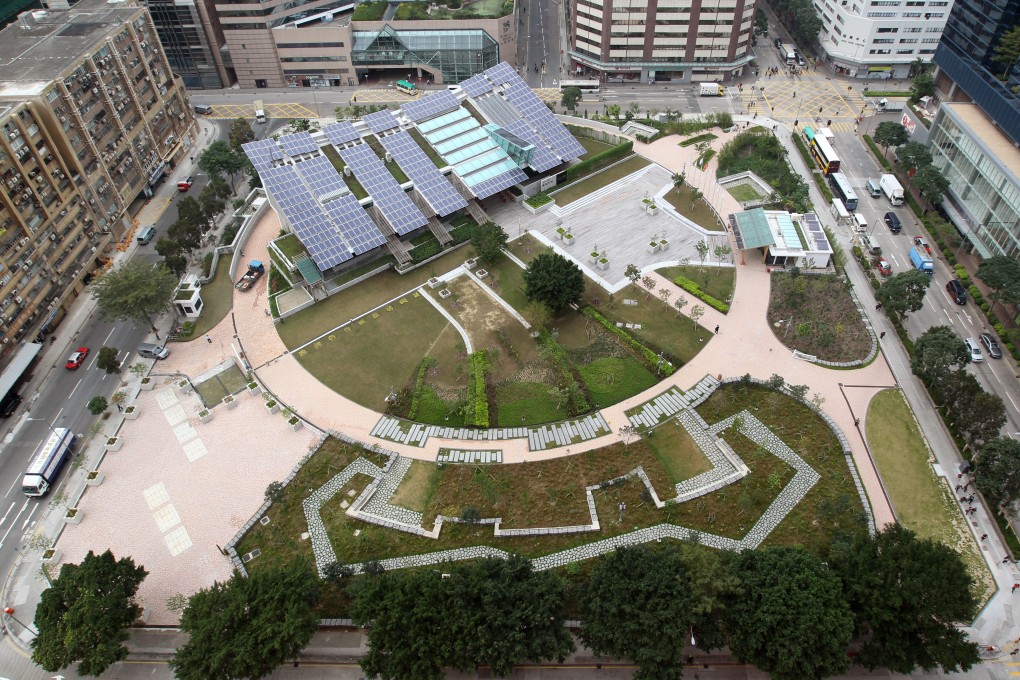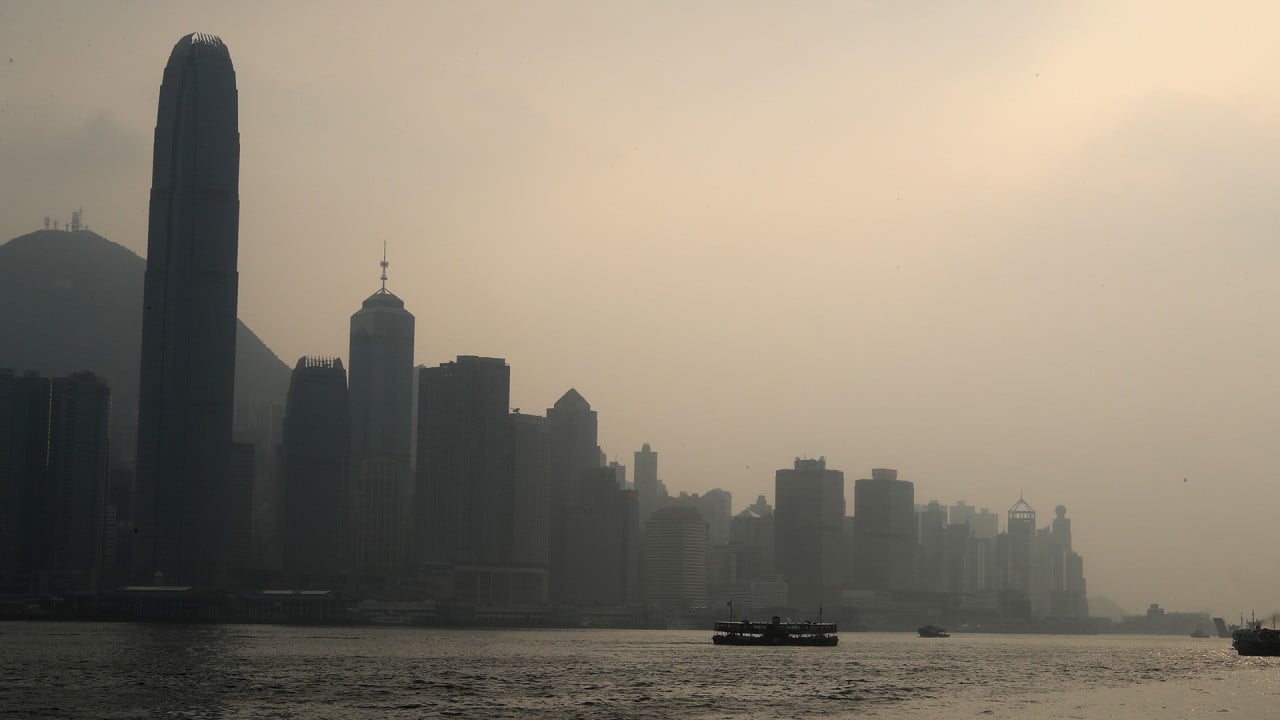Letters | Hong Kong zero-carbon 2050 vision: time to talk details for peak energy efficiency
- The ability to manage and research renewable energy is key. Hong Kong must catch up – or risk losing its competitiveness

To attain carbon neutrality targets, both Hong Kong and mainland China will have to increase zero-carbon energy in their supply portfolios, with a significant portion of it from renewable sources. Switching from fossil fuels to renewable energy can introduce intermittency and supply reliability issues. Solar and wind energy generation depends on weather conditions, which can be variable. Needless to say, energy supply needs to be accurately matched with demand at every stage to ensure a stable supply.
To cope with an increasing share of renewable energy in the fuel mix, demand management and energy storage technology are crucial factors. Demand management can mean encouraging customers to use energy during off-peak hours, while storage options allow for excess energy to be used at later times.
Decarbonisation is not merely an environmental ambition, perhaps more importantly, it is a political statement of entering the global race of green technologies to reap the most economic benefits. Energy storage technology is key to balancing demand and supply for renewable energy. Different countries are competing to be the pioneers in this field.
Natalie Chung, MPhil candidate in Environmental Change and Management, Esther Yewpick Lee Millennium Scholar, University of Oxford
